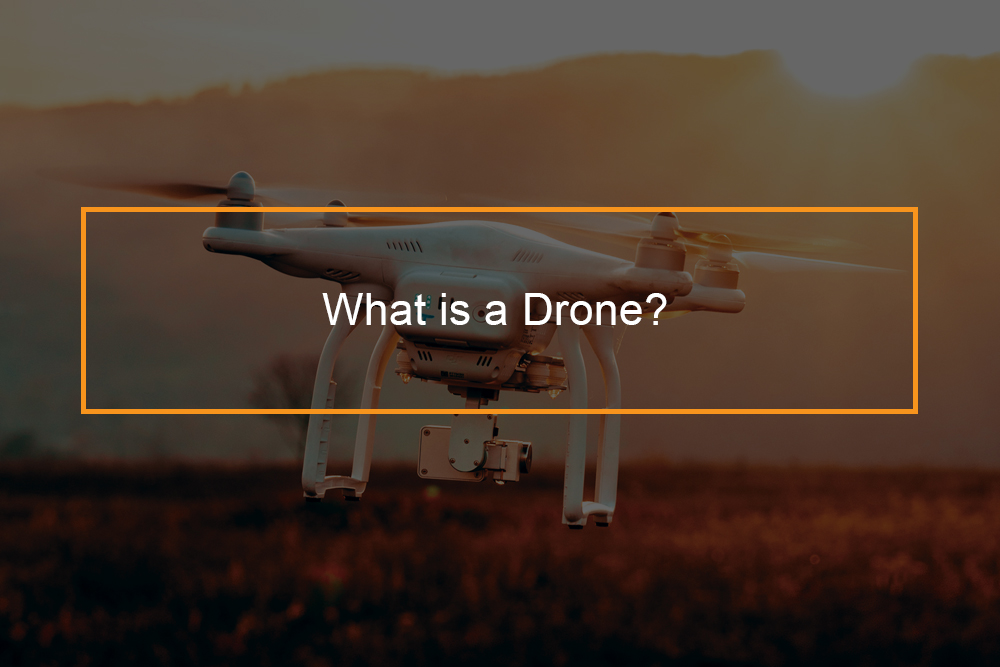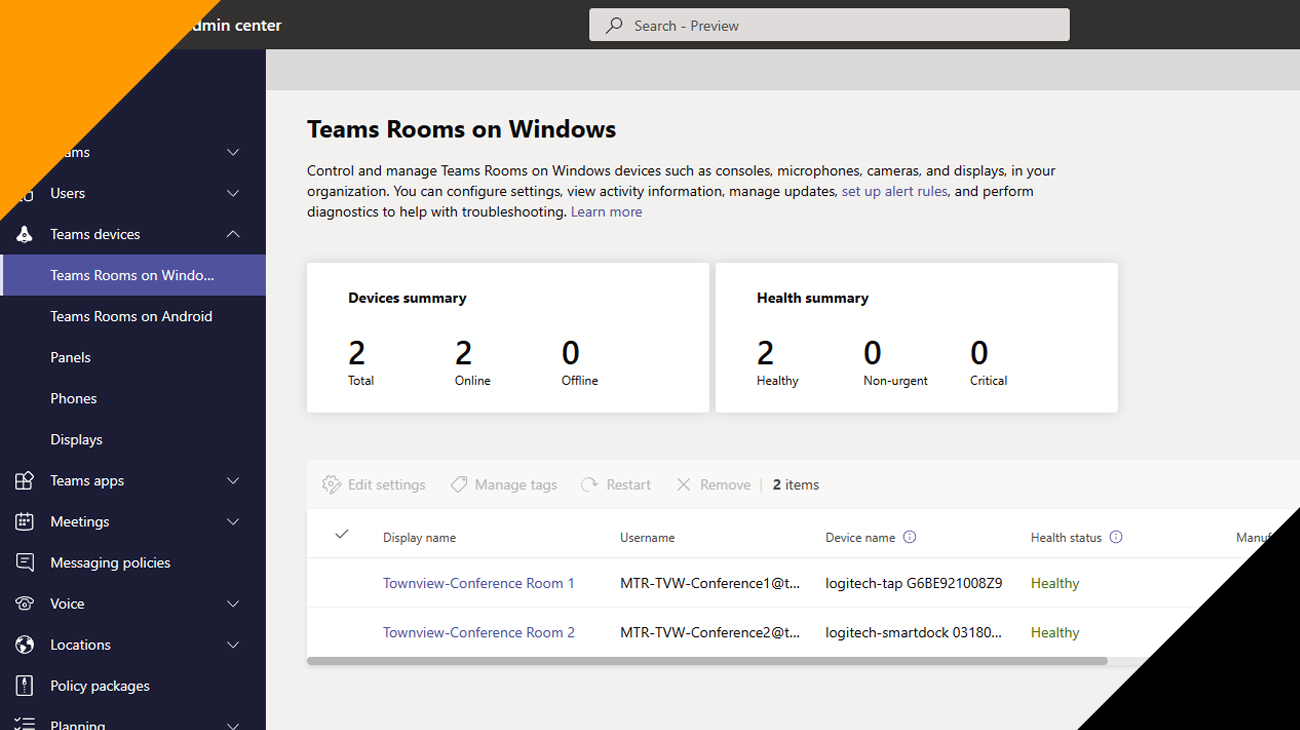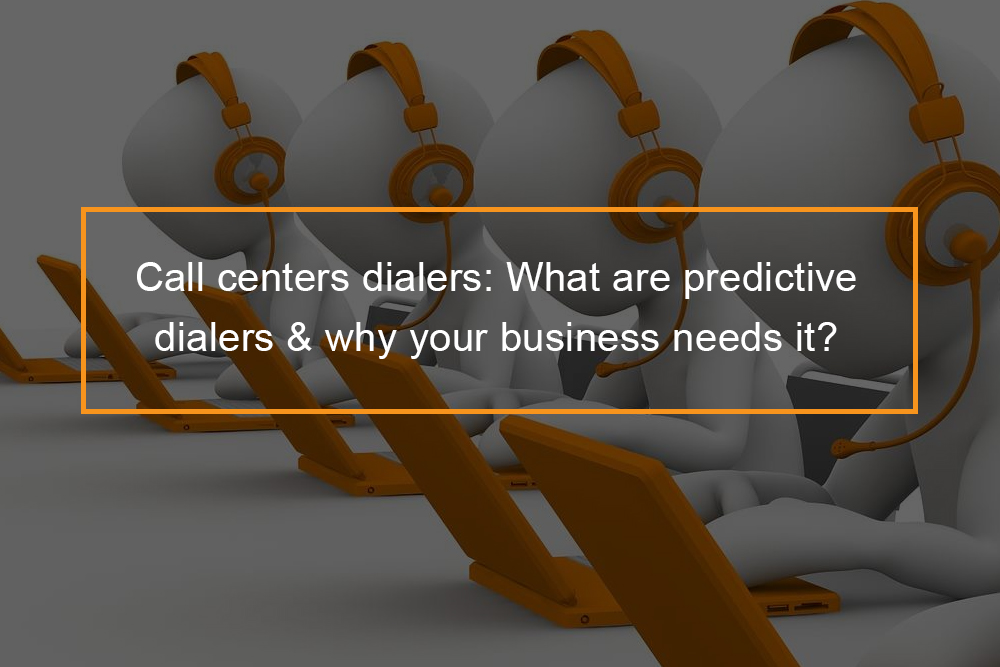Learn the Difference Between A VoIP and A Mobile Phone

Why It Makes Sense For Businesses To Switch To Voip
VoIP (also known as Voice over Internet Protocol is the latest technology to transform the industry of telephony. Mobile phone VoIP calls give substantial advantages over traditional telephone systems, which is prompting companies to look into the use of VoIP. Like any other technology, if there is evidence of advantages, there will be no reason for any reason to go back to older technology.
In this tutorial on VoIP as well as mobile phones, we’ll learn how technology works. What is the difference between a VoIP and a mobile phone? their advantages, and which is right for your company.
Table of Contents
What Is The Difference Between A VoIP and A Mobile Phone?

What is the difference between a VoIP and a mobile phone? The difference between VoIP and a mobile Phone can be seen in the way that VoIP depends upon an Internet connection for placing calls using the packet switch technology. Mobile phones require specific hardware in order to function. It requires a mobile phone along with a SIM connected to a service provider.
It’s true that a mobile phone liberates users from the necessity of operating from a specific place. Instead of having to be at work or at home you can take and return calls wherever you are. However, using a VoIP mobile phone lets you free of the need to work on a mobile device. What you receive is a telephone system you can access on any device that is connected.
The main distinction between a regular cell phone as well as a VoIP phone lies in its utility. Mobile phones are intended for use by individuals regularly. VoIP is designed to facilitate multimedia communication between people or groups. Apart from the ability to make and receive calls, you receive a range of business features when using a VoIP phone.
What Differentiates VoIP From Traditional Phone Systems?
|
There are many differences between the VOIP and traditional phone systems. What really stands out is the fact that VOIP is considerably cheaper than traditional phone systems. This might come as a shock, as cutting edge tech products are always deemed to be a little pricey. Well, it’s not the case with VOIP. In some cases, VOIP is half as cheap compared to traditional phone systems. In fact, some companies have saved up to 60% on phone bills by simply moving to VoIP phone service. While long-distance landline calls will always remain expensive due to the need to keep hundreds of circuits open during conversation, VoIP simply converts the voice frequency to data which can be transmitted over any internet line. While traditional phone systems providers have tried to offer cheap services, they can’t manage to match those of VOIP Phone Service providers like Cebod Telecom, which provides free unlimited calls within the USA and Canada, unlimited user extensions and much more. |
|
How much power does your phone take up? We all are out to cut the business cost, aren’t we? Given that traditional phones are hardier and sturdier, they can survive power outages and disasters. A business that uses a VoIP phone system gets to enjoy better disaster recovery and resiliency when it comes to unexpected crashes. Unlike traditional landlines, VOIP services are monitored 24/7 and the transmission signals can be rerouted in a matter of seconds to ensure that you never miss or drop a call due to technical malfunction. Power outages, line disruptions, construction etc. are no match for this incredibly efficient system. Best of all, business can be conducted anywhere, anytime from your smartphone, tablet, laptop or even a desktop computer. |
|
Most people may think that VOIP is merely an upgrade from traditional phone systems. Nothing is further from the truth. Traditional phone systems and VOIP ride on different forms of technology. VOIP uses the internet or internet enterprise LAN connection to convert and transmit messages (video and audio) as data. The analog calls are converted into digital information which is transmitted over the internet. Traditional phone systems, on the other hand, use circuit-switched technology where voice calls travel through copper wires over PSTN (Public Switched Telephone Network). Businesses can definitely benefit from VOIP. |
|
At the start, everyone thought that over the internet calls would be scratchy, messy and low-quality. Given that traditional phones have been here for decades, a new entrant into the niche would hardly keep up with the quality of calls. At least not if that new system is riding on the destructive power of the internet. To most people’s surprise, the quality of communication over VoIP is great. It actually competes with landline phones quite well. Given that VoIP does not use any circuits, it means that the chances of hearing clicks and whirrs are inexistent. It also means that long-distance calls will have the same quality, as calls to the next building on the block. VOIP boasts of having crystal clear HD call quality. |
|
The only mode of linking for VoIP is the internet. This obviously has its advantages. However, it also comes with its downsides. VOIP is vulnerable to cyber-attacks. This is mostly bound to happen when the device has a public IP address. However, the system is safe when private firewalls and security protocols are developed. With traditional phone systems, cyber-attacks can never happen as there is no connection to the internet. That doesn’t mean that landlines are fool proof. Phone tapping can always happen. |
What is VoIP vs. Mobile Phone?
Mobile phones use an audio and microphone combo. The sound waves from your voice are converted into electrical signals that are later transmitted by your phone to the receiver as radio waves. At the end of the line, these signals are transformed back into sound waves. This entire procedure requires a mobile phone for connection to the closest mast for mobile phones. Every time an attempt to call is made the signal is transmitted to the mast which then passes through a base station local to the user before reaching its destination. A grid-like pattern of grid boxes, also known as “cells” are imposed over the mast’s terrain to keep multiple calls from interfering.
For VoIP calls which are also known as Voice over Internet Protocol, they function by changing your audio into a digital signal and then using the internet connection to transfer the signal onto the receiving. VoIP phones with specialization that look like regular phones can be connected with your router in order to make VoIP calls. VoIP providers offer porting of numbers and allow you to connect your old phone to VoIP without sacrificing the business number you have established.
Apart from using IP phones VoIP is also a possibility to use Analog phone Adapters and softphones. It is even easier to download VoIP applications and then use them directly on your computer, smartphone or tablet for a more efficient use.
VoIP can also be integrated alongside landlines for businesses that are seeking to integrate their communications systems.
What is VoIP?
VoIP, also known as Voice Over Internet Protocol (VoIP), is a method of communication that allows users to make calls with broadband Internet connection instead of a traditional (or analog) phone line. Certain VoIP services might only allow users to make calls to other users with the same provider, while others will permit you to make calls to any person with a phone number, including local mobile, long distance as well as international ones. Additionally, although some VoIP services are only compatible with your computer or on a specific VoIP phone, some services permit you to use the traditional phone with a VoIP adapter.
How Does a VoIP Phone System Work?
The VoIP telephone system is a method to allow phone calls using your internet connection, not the traditional landline or mobile network. VoIP systems convert analog voice signals to digital signals via the internet connection. A VoIP server can be utilized to connect calls to other networks of telephone.
If you’ve got an internet connection of high speed including the modem and router and you’re ready to make use of VoIP.
A typical VoIP configuration consists of desk phones and an SIP server which is generally an VoIP provider. It is even more efficient than the traditional landline phone since it has more options than an analog phone could offer.
Since VoIP operates over the internet, your information is securely stored within the cloud. You are able to manage the VoIP system by using an internet-based interface. The dashboard lets users change contacts, business telephone numbers as well as call forwarding and create new numbers.
Advantages of VoIP Systems
- VoIP comes with the option to caller ID. This feature isn’t offered by regular phones.
- The data transmissions in VoIP are encrypted digitally, unlike the complicated circuits found in traditional phones.
- Phone numbers may be saved in VoIP memory of the phone locally, which allows speed dialing.
- You can make an inter-party or conference call by using VoIP phones.
- VoIP allows call parking as well as call transfer services. You can also place the call on hold by using VoIP.
Advantages of Regular Phone Systems
- Regular telephone systems provide greater connectivity for long-distance calls because VoIP requires internet connectivity to communicate outside of your Local Area Network.
- Regular telephone systems draw their power via the phone exchange, while VoIP phones require an external power source.
- The voice quality of standard phones is higher than VoIP phones because of the frequent congestion of networks, particularly in residential areas.
- VoIP phones can be vulnerable to DDoS attacks with ease and frequently, particularly if the device is connected to an IP address public that isn’t the case with normal phones.
What are Voip Call Pros and Cons?
VoIP calls function by converting voice data to digital packets and transmitting them via the Internet (hence their name: Voice Over Internet Protocol). It is possible to make a VoIP phone call from your mobile device or computer that is connected to the Internet. device. In recent times, internet calls have increased significantly and it is logical that more people have broadband internet connections at their offices and homes than they did in the years before. VoIP calls are usually combined with video, too.
PROS
- Convenience. The audio quality isn’t constant and, when your internet connection goes out, then you’re no longer able to make a call. It is possible that calls will affect your computer’s performance as well.
- Flexibility. You require an internet connection in order to make a VoIP call.
CONS
- Quality & Reliability. The audio quality isn’t consistent, and if your internet connection cuts out, there goes your call. Calls may hamper your computer performance too.
-
Accessibility: You need an internet connection to make a VoIP call.
What are Cell Phone Calls Pros and Cons?
It is possible to use a mobile phone on a regular basis but do you understand the way it functions? Cell phones communicate with coverage cell service that covers the area of a specific geographical area. If you make a cell phone call, the call and audio data is transferred wirelessly from your cell to cell, allowing it to get to your caller.
PROS
- The ability to move and be flexible It’s a matter of strolling down the street and observing the massive growth of mobile phones within our daily lives. It is possible to take calls wherever.
- Ease of use: The basic cell phones are easy to use. They can even aid you with more than just making calls.
- Unlimited long distance options: The majority of cell phone providers offer unlimited long distance as well as international plans. This means that when you make lots of calls to remote destinations, you’ll be protected. Be sure to verify the regulations of your country and verify the charges for roaming first.
CONS
- A functional cell phone with a full battery is essential. If you don’t have an updated and fully charged phone, you will not be capable of making a call.
- It is essential to have cell service. Certain areas do not provide cell service, so you don’t be aware in advance that you’ll be unable to call.
- Service and quality of sound can depend on the location either via phone or headphones and the service provider.
How does VoIP work on Mobile Phones?

In conventional phones, sound is transmitted in analog signals. In order to do this, they require cables and the infrastructure needed. VoIP mobile phones, however, make use of the Internet to link to callers.
If you make a call to someone using the VoIP cell phone, your sound is converted into digital data packets. They travel through the internet before being not encapsulated at the end of the receiver. The receiver will listen to your voice in the same way as they heard it on traditional phone lines. There’s no difference, and the receiver will never even know it’s a VoIP phone.
All you need to do is install a VoIP application, which gives you an online number. The number you get is not different from the traditional number. It can be used in order to call and make calls, as well as send and receive text messages.
Since VoIP is a service that works online, users are able to not just use it on mobile phones, but on any other connected device. It could be a tablet or laptop. So long as you’ve got the VoIP application installed and a good internet connection, then you’ll be able make and take calls.
How does VoIP work for Business?
As we mentioned previously, VoIP is now the most popular telephony option for many businesses. VoIP adoption is expected to continue growing over the next few years.
In addition to allowing companies to get a phone service that is accessible from any location with the internet, it provides them with the advantage of having virtual numbers, also known as VoIP phone numbers. These numbers aren’t connected to any specific phone and are able to be connected to any device that the business would like to connect to, including mobile phone, home landlines or laptop computers.
Companies can also pick what kind of number to purchase according to their objectives. For example, a free number can provide the national spotlight and is ideal for businesses with plans for expansion. However local numbers offer small businesses a more intimate feeling of being connected to the local community. It lets your company establish a virtual presence within the community, even though there is no physical presence in the area.
Additionally, VoIP is also the technology used by many service providers to facilitate other collaboration and communications solutions such as video and audio conferences.
Finally, the majority of modern-day business phones use VoIP as the basis for the telephony. The management of calls in the phone system is managed by a team of servers which perform the function of routing calls. This is also known as the VoIP telephone system.
Why Would Someone Use A Voip Phone?
There are many reasons to consider upgrading to a VoIP telephone system. The most important reason is the cost savings. If you decide to utilize VoIP phones, you will save money. VoIP phone, you will be getting rid of call costs and expensive phone lines.
However, cost savings aren’t the only benefit to VoIP phones. Business owners who upgrade will also enjoy numerous additional benefits, such as:
- For remote access: You are able to use the service anywhere there’s the internet.
- As a second line for work: You can get an additional number to use on your mobile phone, without having to buy a brand new SIM or a new device.
- For ease of use: VoIP mobile phone services are simple to set up use, manage and operate.
- For business features: Business tools like auto-reply, call organization, voicemail, and number-sharing for VoIP mobile phones.
Final Thoughts
There are some speculations about VoIP being replaced by a new technology, that isn’t the case. Actually, VoIP is considered superior to landlines by the majority of companies. In addition, huge growth is anticipated in the VoIP business over the next few years. With lower costs for communications and a greater degree of mobility, without being restricted as is the case of cell phone service VoIP is sure to remain.
Additionally, customers are attracted by the low or no cost of sending messages, and also making audio and video long-distance calls, without having to sacrifice quality. This is why a lot of companies as well as individuals are switching to VoIP.
So, it’s safe to affirm that, while VoIP isn’t perfect, and there’s potential for improvement, the geographical data coverage should be expanded further and is a wonderful method of reducing the cost of communication.
Frequently Asked Questions
Can I use a VoIP Phone as a Regular Phone?
Yes. VoIP phones provide the same essential service provided by a standard phone that is the capability to create, receive and manage phone calls. But, the functionality is better while costs are less. The only difference is the fact that your voice is transmitted via internet connections, not copper lines. The only prerequisite is that you are able to access fit for purpose internet connectivity.
Is a Cell Phone Considered VoIP?
VoIP as well as Cell Phone can be two distinct things. VoIP is a kind of internet-based service that permits users to make calls from their phones, computers, or any other device.









